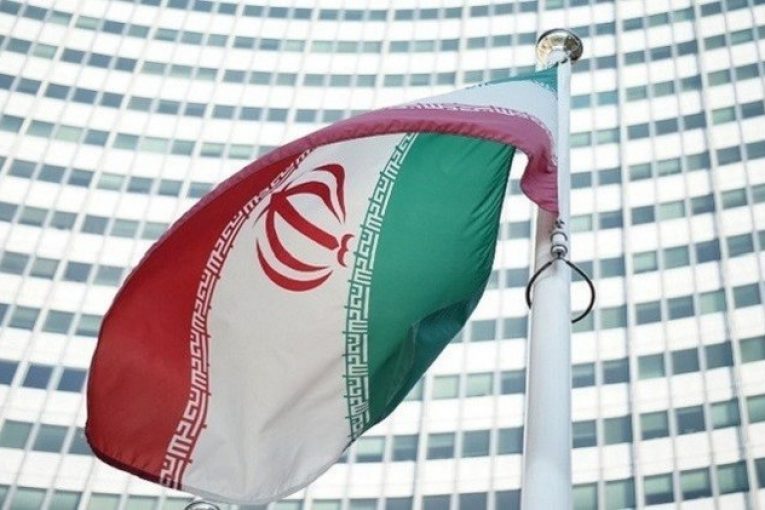
اعداد : هاني الظليفي – الأردن – باحث في سلك الدكتوراه من جامعة بابيش بولياي / كلوج نابوكا رومانيا
- المركز الديمقراطي العربي
- مجلة مدارات إيرانية : العدد التاسع أيلول – سبتمبر 2020 المجلد 3, دورية علمية محكمة تصدر عن #المركز_الديمقراطي_العربي ألمانيا –برلين” .تعنى بالشأن الإيراني داخليا واقليميا ودوليا.
-
فصلنامه مدارات إيرانية فصلنامه أي علمي از طرف مركز دمكراسي عربي برلن منتشر مي شود.
للأطلاع على البحث “pdf” من خلال الرابط المرفق :-
ملخص :
تخلص الدراسة الى أن رجال الدين في ايران قد لعبوا دورا بارزا في التقارير المبكرة عن جائحة فيروس كورونا ، و غالبًا ما كان هذا الدور سلبيا لجهة التسبب في انتشار الجائحة الفيروسية بسبب عدم تعاون رجال الدين و تفهمهم لطبيعة تفشي المرض ، و صعوبة تكيفهم مع تدابير الصحة العامة لمكافحة انتشار الجائحة ، و اصرارهم على التمسك بالتقاليد الدينية والاعتقادات و الشعائر الطائفية ، لكن بفضل تحرك السلطات الرسمية بسرعة للحد من التجمعات الكبيرة بما فيها الدينية و حضر ممارسة الطقوس في أماكن العبادة ، والتفاعل الإيجابي مع توجيهات منظمة الصحة العالمية و اشراك العديد من المجتمعات الدينية في مجهود مكافحة انتشار الفايروس وفق توجيهات محددة تراعي الصحة و السلامة العامة ، حيث ثبت أن الزعماء الدينين يلعبون دوراً فعالاً في نقل الرسائل خلال أوقات الأزمات. لذلك من الاجدى عدم تهميش الدين و مؤسساته و قياداته و التعامل معه بإيجابية لان المجتمعات الدينية ستدعم بالتالي الانتعاش ، وستكون أيضًا جزءًا من المناقشات السياسية حول الأولويات والإصلاحات التي تنشأ من الوباء ، مع الكثير من المساهمة خاصة فيما يتعلق بعدم المساواة الصحية ونقاط الضعف في أنظمة الصحة العامة. يمكن بالتالي للأصوات الدينية بل ويجب عليها أن تلعب أدوارًا مركزية ، و من المتوقع أن يكون هناك تغيرات مستقبلية في طبيعة دور و فهم المؤسسات و الزعماء الدينيين لدورها في رسم و تنفيذ السياسات العامة الصحية في اغلب دول المنطقة .
Abstract :
The study concludes that clerics in Iran played a prominent role in early reports of the COVID-19 pandemic, and this role was often negative in terms of causing the spread of the viral pandemic due to the lack of cooperation and understanding of the clergy of the nature of the outbreak, and the difficulty of their adaptation to official health measures to combat the spread of the pandemic, and their insistence on adhering to religious traditions, beliefs and sectarian rituals, but thanks to the official authorities’ swift action to limit large gatherings, including religious ones, attended the practice of rituals in places of worship, and positive interaction with the directives of the World Health Organization and the involvement of many religious communities In the effort to combat the spread of the virus according to specific directives that take into account health and public safety, as it has been proven that religious leaders could play an effective role in transmitting messages during times of crisis. Therefore, it is more beneficial not to marginalize religion and its institutions and leaders and to deal with it positively because religious communities will thus support the recovery, and it will also be part of the political discussions about priorities and reforms that arise from the epidemic, with a lot of contribution, especially with regard to health inequality and weaknesses in health systems. the public. Thus, religious voices can and should play central roles, and it is expected that there will be future changes in the nature of the role and understanding of religious institutions and leaders of their role in formulating and implementing health public policies in most countries of the region.
رابط المصدر:
